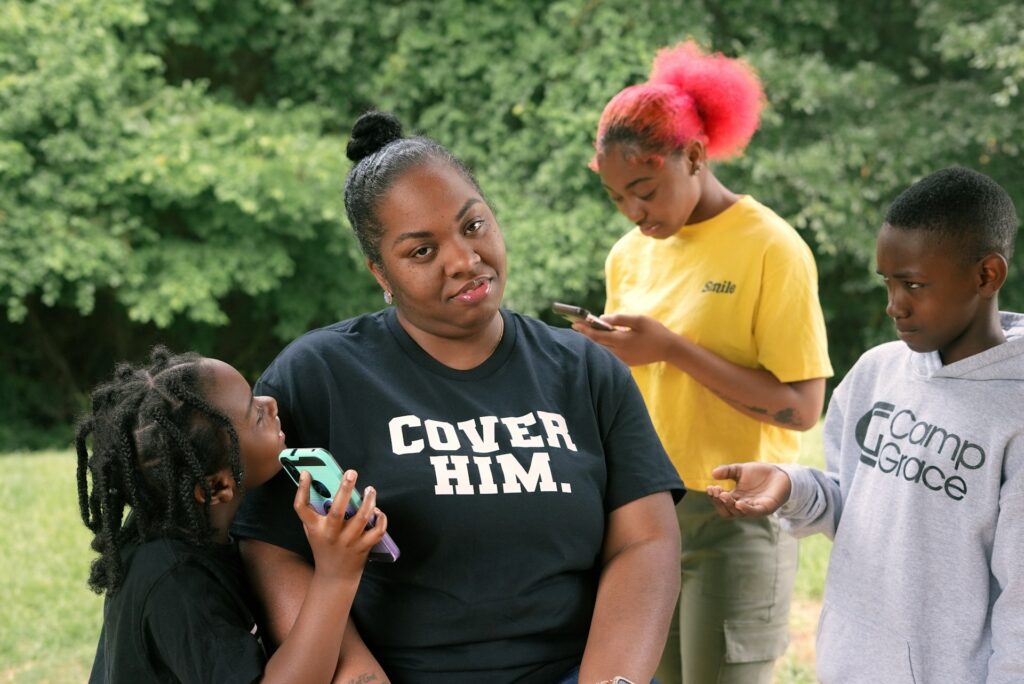Parenting is a journey filled with challenges and rewards. The words parents choose can have a lasting impact on their children’s development, self-esteem, and emotional well-being. Regardless of a child’s age, certain phrases can do more harm than good. Here is a list of 12 things you should never say to your kids, no matter how old they are, along with explanations on why these phrases are damaging and what you can say instead.
1. “Because I Said So”

This phrase shuts down conversation and dismisses a child’s need to understand reasoning. It conveys authority without explanation, which can breed resentment and confusion. Instead, explain your reasons calmly and clearly. This helps children learn critical thinking and respect boundaries more willingly.
2. “You’re Just Like [Negative Comparison]”

Comparing your child to siblings, friends, or relatives in a negative way damages their self-worth. It fosters rivalry, insecurity, and the belief they cannot be loved for who they are. Focus on their unique strengths and individuality rather than drawing unfavorable comparisons.
3. “Stop Crying” or “Big Boys/Girls Don’t Cry”

Emotions are healthy and necessary for development. Telling kids to stop crying invalidates their feelings and teaches emotional repression. Encourage emotional expression by acknowledging their feelings and helping them understand why they feel that way.
4. “You’re So Lazy”

Labeling a child as lazy can create a fixed mindset, where they believe their abilities and motivation cannot improve. It can lead to a lack of effort and diminished self-esteem. Instead, focus on specific behaviors, such as, “Let’s try to finish this task together,” to encourage positive action.
5. “I Wish You Were More Like…”

Wishing a child were different communicates rejection and conditional love. This can cause deep emotional wounds and feelings of inadequacy. Parents should affirm their child’s worth as they are and celebrate their distinct personality and talents.
6. “Because Other Kids Can Do It”

Using other children as benchmarks can induce shame and pressure. It discourages a child’s unique pace of growth and learning, and over time it can erode their self-confidence by making them feel they will never measure up. Recognize and respect individual differences, and encourage progress based on personal goals and abilities. This helps children build intrinsic motivation and take pride in their own achievements rather than constantly comparing themselves to others.
7. “You Always Mess Things Up”

Statements that imply a child’s permanent failure foster low self-confidence and anxiety. Kids need to know mistakes are part of learning, not an indication of their value. Emphasize effort and problem-solving instead of dwelling on errors.
8. “You’re Too Sensitive”

Calling a child sensitive in a negative tone can discourage empathy and emotional openness. Sensitivity is often a strength, linked to creativity and kindness. Validating their feelings helps them develop emotional intelligence and the ability to connect deeply with others.
9. “Don’t Be Stupid”

This phrase attacks a child’s intelligence and can cause lasting damage to self-esteem and willingness to take risks. It not only shuts down curiosity but can also make a child afraid to ask questions or try new things for fear of being judged. Instead, provide constructive feedback and encourage curiosity. Praise attempts and persistence, not just outcomes, so they understand that learning is a process, not a measure of their value.
10. “You Never Listen”

Generalizations like “never” or “always” can feel unfair and cause children to shut down communication. Be specific about what behavior needs to change and discuss it calmly. Clear, focused feedback encourages children to take responsibility without feeling attacked or misunderstood.
11. “You’re a Burden”

This is one of the most harmful things a parent can say. It conveys rejection and can cause feelings of worthlessness and abandonment. Children need to feel valued and loved unconditionally. If parents feel overwhelmed, seek support rather than placing blame on the child.
12. “You’re Not Good Enough”

Telling a child they are not good enough damages their self-esteem and creates feelings of inadequacy that can last into adulthood. Every child needs to feel valued and capable, so focus on their efforts and encourage growth rather than making harsh judgments about their worth.
Why Words Matter in Parenting

Research in child psychology consistently shows that parental language influences children’s emotional and cognitive development. Negative or dismissive statements can lead to anxiety, depression, low self-esteem, and behavioral problems. Conversely, supportive and respectful communication fosters resilience, self-confidence, and healthy relationships.
Children of all ages, from toddlers to teens and even young adults, are sensitive to how their parents speak to them. While older children may understand more complex explanations, they still need validation and respect. Language that builds up rather than tears down creates a foundation for lifelong emotional health.
How to Communicate More Effectively with Your Kids

Here are some strategies to replace harmful phrases with positive, constructive communication:
- Use “I” statements to express feelings without blaming, such as, “I feel worried when you don’t finish your homework.”
- Focus on specific behaviors, not character, for example, “You didn’t clean your room today,” instead of “You’re lazy.”
- Encourage questions and dialogue, offering explanations for rules and decisions.
- Validate emotions by saying, “I understand you’re upset. Let’s talk about it.”
- Praise effort and progress, not just success, to encourage a growth mindset.
- Set consistent boundaries with clear reasons to foster security and understanding.
- Take a moment to calm down before responding to challenging behavior.
Conclusion

Parenting is never easy, but the words you choose to say to your children have a profound impact on their mental and emotional well-being. Avoid phrases that dismiss feelings, criticize character, or impose authority without explanation. Instead, aim for respectful, empathetic, and constructive communication that nurtures your child’s confidence and emotional intelligence. No matter how old your children are, the right words can build stronger bonds and help them grow into healthy, resilient adults.
Read More: 7 Parenting Mistakes That Weaken a Child’s Mental Strength
Disclaimer: This article was created with AI assistance and edited by a human for accuracy and clarity.

